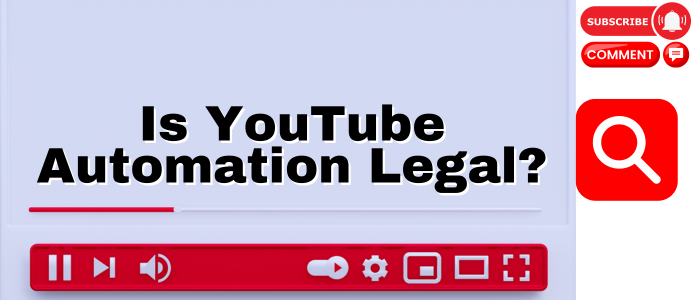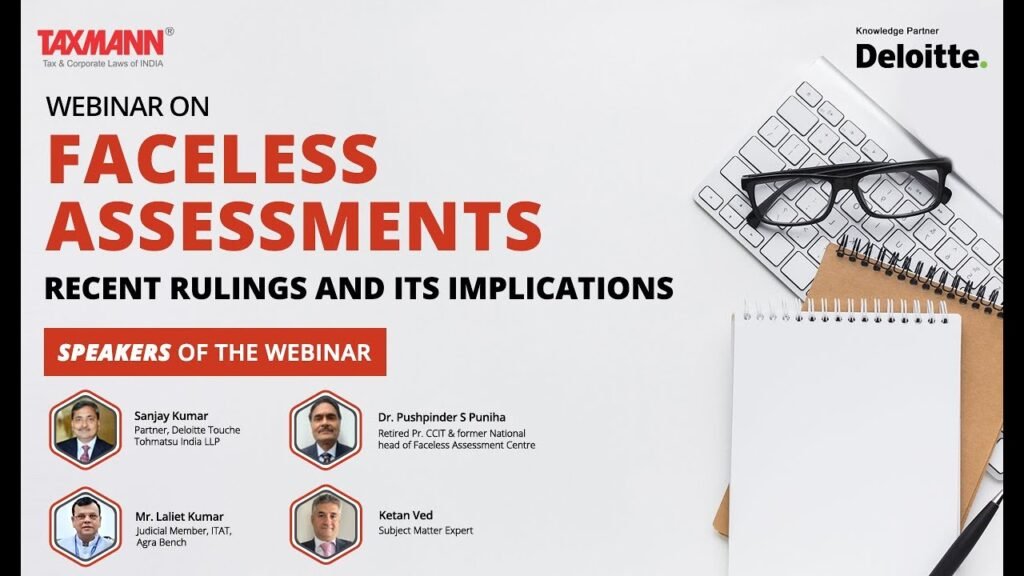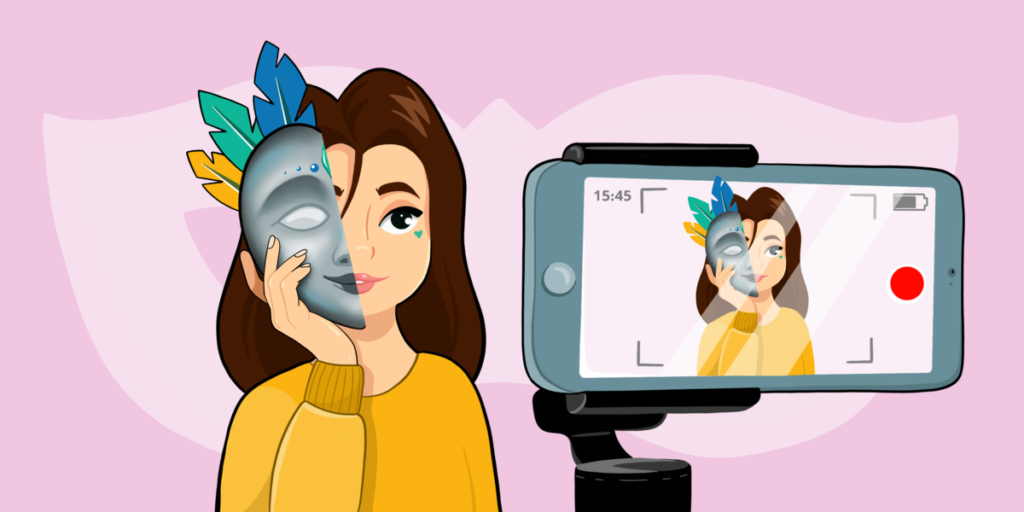
Imagine you stumble upon a captivating video on YouTube, but instead of seeing someone’s face, a mysterious narrator guides you through the content. You may be wonder what legal ramifications are involved when it comes to these faceless YouTube videos. In this insightful article, we will explore the fascinating world of faceless content, shedding light on potential legal implications that creators and viewers alike should be aware of. So sit back, relax, and unravel the legal mysteries behind this captivating phenomenon.
Understanding the Legal Implications of Faceless YouTube Content

This image is property of ippei.com.
Introduction to Faceless YouTube Content
In today’s digital age, YouTube has become one of the most popular platforms for content creators to share their videos with the world. With the rise of faceless YouTube content, where creators choose to conceal their identities through various methods such as voice modulation or using avatars, it is crucial to understand the legal implications that come along with this type of content creation. From copyright and intellectual property issues to invasion of privacy and endorsement disclosures, there are several legal considerations to keep in mind when creating faceless YouTube videos.
Copyright and Intellectual Property Issues
One of the primary legal concerns of faceless YouTube content revolves around copyright and intellectual property. As a content creator, it is vital to make sure that the material you use in your videos does not infringe upon someone else’s copyright. This includes avoiding the use of copyrighted music, images, or videos without proper authorization or licenses. Additionally, if you create original content, it is essential to understand how to protect your own intellectual property rights and prevent others from using your content without permission.
Privacy and Data Protection
Privacy and data protection is another crucial aspect to consider when creating faceless YouTube content. While you may choose not to reveal your identity, it is important to respect the privacy of others who may be featured in your videos. Ensure that you have obtained the necessary consent from individuals before including their images or personal information in your content. Moreover, familiarize yourself with data protection laws in your jurisdiction to ensure that you handle any collected personal data, such as comments or emails from viewers, in a compliant manner.
Defamation and Libel
Defamation and libel are serious legal issues that could arise when creating any form of online content. Even if you choose to remain faceless, you must be mindful of the statements you make about others in your YouTube videos. If you make false statements that harm someone’s reputation, you may be held liable for defamation. It is crucial to fact-check the information included in your videos and present your opinions in a responsible manner to avoid legal consequences.

This image is property of i.ytimg.com.
False Advertising and Deceptive Practices
As a faceless YouTube content creator, it is essential to be transparent and honest with your audience. False advertising and deceptive practices can lead to legal troubles, especially if you promote products or services in your videos. Ensure that any claims you make about a product or service are accurate and supported by evidence. Additionally, clearly disclose any sponsorships or endorsements you have received to maintain transparency with your viewers and comply with advertising regulations.
Invasion of Privacy
While faceless YouTube content creators may choose to hide their identities, they must still be aware of potential invasion of privacy claims. Be cautious when filming in public spaces or sharing personal stories that involve other people, as they may have a reasonable expectation of privacy. Respect the rights of others and obtain consent where necessary to avoid legal disputes regarding invasion of privacy.
Endorsement and Sponsorship Disclosures
In the world of influencer marketing, disclosure of endorsements and sponsorships is essential. As a faceless YouTube content creator, it is important to disclose any relationships or financial arrangements with brands or companies that may influence the content of your videos. Failure to do so may violate consumer protection laws and lead to your viewers feeling misled or deceived. Transparency is key in maintaining trust with your audience and avoiding any legal repercussions.
Hate Speech and Harassment
Creating a safe and inclusive environment on YouTube is crucial, regardless of whether you choose to remain faceless. Hate speech and harassment are not only morally wrong but can also result in legal consequences. Avoid making discriminatory or offensive comments that target individuals or groups based on their race, gender, religion, or other protected characteristics. YouTube has community guidelines in place to address hate speech, and violating these guidelines may result in your channel being suspended or banned.

This image is property of prodvigate.com.
Child Protection Laws
When creating faceless YouTube content, it is important to be mindful of child protection laws. If your videos involve children, ensure that you comply with relevant laws regarding their welfare and privacy. Consider obtaining consent from the child’s parent or guardian before including them in your videos, and avoid sharing any personal information that could compromise their safety. Failure to adhere to child protection laws can have severe legal consequences and tarnish your reputation as a content creator.
Video Game Streaming and Fair Use
Many faceless YouTube content creators focus on video game streaming, and it is necessary to understand the concept of fair use in this context. Fair use allows for limited use of copyrighted material without permission from the copyright owner under certain circumstances, including for commentary, criticism, or educational purposes. However, the boundaries of fair use can be complex, and it is advisable to familiarize yourself with the specific guidelines and requirements set forth in relevant legislation, such as the Digital Millennium Copyright Act (DMCA) in the United States.
In conclusion, creating faceless YouTube content opens up a whole new set of legal considerations for content creators. From copyright issues to privacy concerns, it is crucial to be aware of and abide by the laws that govern online content creation. By understanding and adhering to these legal implications, you can navigate the world of YouTube with confidence and ensure that your content remains both engaging and legally compliant.





